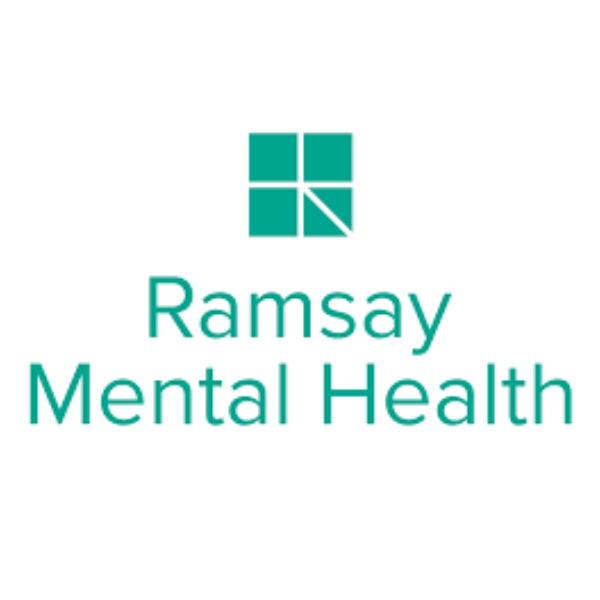

It seems to happen overnight.
One day, your kid's regaling you with another detailed recount of what happened in the playground at school that day or the very specific details of their most recent Minecraft build. The next, it's single-word answers, grunts or eye-rolls and head-shakes at your "lame" attempts to engage with them.
The communication tap gets turned off somewhere along the road to adolescence, leaving us in the dark when it comes to what's going on in our kids' heads.
Sure, teens are known for being emotional and unpredictable — but where's the line between normal angst and something deeper that needs support?





























































































